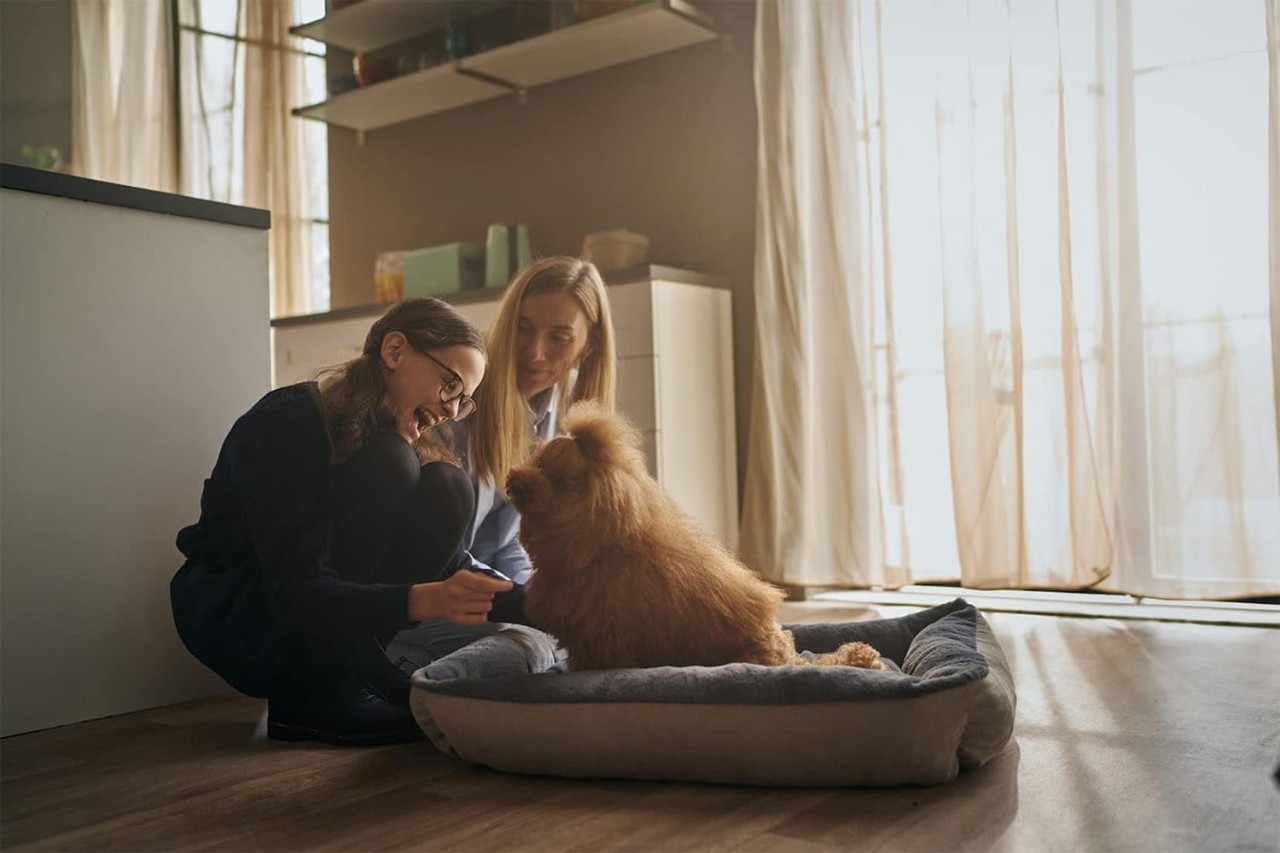By Angela Hickey MVB
Allianz Pet Insurance staff regularly receive phone calls and letters from distressed pet owners who have just lost their companion animal through illness or injury. When they call to cancel their pet’s policy they often find it hard to say the words “my pet has died.” A very real loss has occurred and they need the understanding and support of others. Allianz’s Pet Insurance staff (including 6 registered vet nurses and 2 consultant vets) are very aware of this need and are sensitive to how people are feeling at this difficult time.
In 2010 Allianz sponsored the publication of the first leaflet to support bereaved pet owners in Ireland, which was co-written by one of our consultant vets. It was produced in partnership with the Irish Hospice Foundation Bereavement Education Resource Centre and Solace Pet Loss Ireland and introduced to the public on RTÉ’s The Afternoon Show. You can download a copy of this leaflet from the Allianz Ireland website here and also from the Irish hospice Foundation (IHF) and Solace Pet Loss Ireland Websites, details of which can be found here.
The loss of a companion animal can mean different things to different people, even within the same family. The deeper the bond with your pet, the greater the loss. Feelings of sadness, anger, disbelief, and guilt are common. Some people may not understand this depth of feeling for a pet and you may not be supported in the way that you would if a person close to you had died. They might even think that you are odd or crazy to be feeling so much pain for the loss of an animal. “It’s only a dog! You can get another one!” may sometimes be the response. This can make expressing your feelings difficult, so it is important to find a friend, fellow pet owner, a staff member at your vet clinic - somebody who will listen to you and understand what you are going through at this difficult time.
If children have lost their pet they need to be told what has happened in a manner that is appropriate to their age. They also need to grieve in their own way and, if handled well, this experience can help them cope better with future losses. Use words like ‘death’ or ‘died’ rather than ‘put to sleep’ or ‘gone to sleep’ as younger children who have no clear concept of death may become anxious about going to sleep and not waking up. Talk clearly and openly and try to answer all their questions as honestly as possible. Allowing them to see how upset you are will reassure them that their feelings are valid. Try to keep normal routines and structures in place for all of the family, including any other pets, who may also be disturbed by the loss. Daily exercise, eating regular well balanced meals and taking adequate rest is very important.
It can be helpful to have a ritual or ceremony that honours the important part your pet has played in your life. Let children be involved as much as they want to be. It will give them an opportunity to say goodbye and to appreciate that their animal companion was respected and loved. You may benefit from a ritual like planting a shrub, a tree, or flower bulbs, making a memorial for your pet on a website, creating a scrapbook, writing a poem, painting a picture, or whatever you feel may be of help to you or your family. If you opted for individual cremation you will receive your pet’s ashes back and may bury them or scatter them in a favourite place. A memory box can be filled up with your pet’s collar, favourite toys, a lock of hair, paw prints, photos etc. It is also important to talk about the pet who has died and to remember all the special times you have shared.
Adjusting to life without your animal companion may take some time. Feelings of grief tend to come and go. We feel a bit better and then we get ‘ambushed’ by painful emotions again. If we can let these feelings come up and out, rather than squashing them down, they tend to soften and dissolve, the tears flow, the anger or guilt subsides and we feel relief. We need to keep reminding ourselves that it is normal to be experiencing these emotions and that they need our attention.
If you are overwhelmed by your feelings at times, don’t stay alone with them, pick up the phone to a sympathetic friend, a family member or a pet loss helpline. Expressing how you feel and being understood can be of great benefit. If you think that you are not coping with life on a day to day basis and that grief is seriously affecting your sleep, eating habits etc. you may benefit from professional counselling. It is important to find a therapist who understands the importance of human–animal companionship and the loving connection you had with your pet. Solace Pet Loss Ireland can provide information on a therapist in your area, where possible.
It is usually better not to make any hasty decisions about getting a new pet until you, and others involved, have worked through the grief sufficiently to let a new companion into your lives and hearts. Don’t let well meaning-friends force a new pet on you in an attempt to replace the one you’ve lost. The companion you have lost cannot be replaced and a new pet means a whole new relationship. Opening your heart to an animal in need may help complete the process of grieving and letting go, but only when you are ready. It is a very individual choice and only you can know what is best for you. Older people may prefer to take the option of fostering a pet. There are many wonderful animals waiting in Rescue Centres for a new start with a caring companion.
There will be further updates added to this site with regard to preparing for the loss of your pet, the euthanasia procedure, children and pet loss, pet loss and the elderly, loss of an assistance dog, loss by theft and straying etc.
All comments are moderated before they appear






